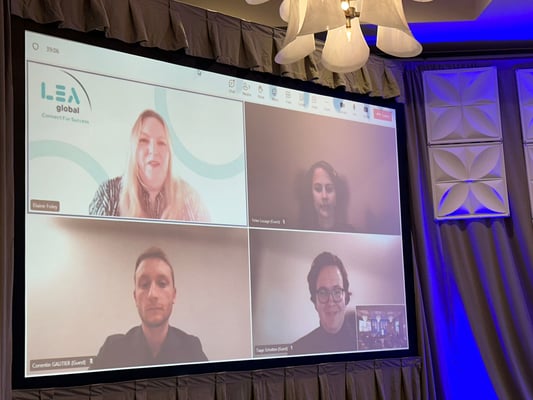News
Changes in employment law: limitation of prohibition on ancillary activities
Joyce de Graaff |
It is quite common to include an ancillary activities clause in an employment contract. Such clauses prohibit the performance of work for third parties. Currently, there is no specific regulation in place. Contractual freedom applies. In addition, the prohibition on ancillary activities may also be included in a collective bargaining agreement. Such prohibition to perform ancillary activities is usually included to prevent overload or to prevent a loss of focus.
Tip! It is always advisable to agree contractually that ancillary activities are prohibited and that an employee must request permission to perform ancillary activities. An employer can then reject this request if there is an objective justification.
New Article 7:653a of the Dutch Civil Code
As of 1 August 2022, the possibility to prohibit ancillary activities will be limited. The new Article 7:653a of the Dutch Civil Code stipulates that a clause prohibiting an employee from performing ancillary activities for others outside regular working hours is null and void. An exception applies if the clause can be justified on the basis of an objective reason. The consequence of these new rules is that if an employer invokes the prohibition on ancillary activities to the employee, the employer shall provide an objective justification as to why he wishes to maintain this prohibition. Without an objective justification the clause is null and void.Objective justification
The legislative history includes a non-exhaustive list of reasons as objective justification: health and safety reasons, the protection of confidentiality of business information, the integrity of government services, avoiding conflicts of interest and compliance with the obligations under the Working Hours Act (in Dutch “Arbeidstijdenwet”). As indicated, the list of grounds for justification is not exhaustive, so an employer may also have other valid reasons. The objective justification does not have to be included in the employment contract. This is not to be recommended. The ground of justification could change over time. However, the objective ground for justification must exist at the moment that the employer invokes the prohibition on ancillary activities.Tip! It is always advisable to agree contractually that ancillary activities are prohibited and that an employee must request permission to perform ancillary activities. An employer can then reject this request if there is an objective justification.
Need help? Our specialists are here for you!
Would you like to learn more about the changes in employment law as of 1 August 2022 or do you have a specific question? Please get in touch with our specialists: Bas Jeckmans or Joyce de Graaff.
Tags

Joyce de Graaff
Do you have a question or do you want to discuss something with me? Don’t hesitate and schedule a callback request.


